
Mega-Regional Trade Agreements
Game-Changers or Costly Distractions for the World Trading System?
Read or listen offline
Amazon KindleRecommendation
Mega-regional trade agreements could alter the nature of multilateral trade. This thought-provoking report from the World Economic Forum explains that nations join these agreements for a variety of reasons, depending on the nature of the agreement and the timing of negotiations. The United States and the European Union each pioneered regional trade collaboration in the 1990s and are driving two major mega-regional negotiations: the Trans-Pacific Partnership (TPP) and the Trans-Atlantic Trade and Investment Partnership (TTIP). For all the benefits these mega-regionals could offer their participants, they effectively omit more than 80% of the world’s population. getAbstract recommends this comprehensive report to trade executives, policy makers, investors and NGOs worldwide – especially those in developing countries.
Summary
About the Author
The World Economic Forum is an independent global organization that engages leaders of business, politics, academia and society to improve the state of the world.









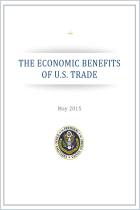
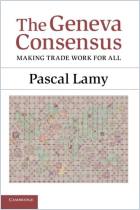
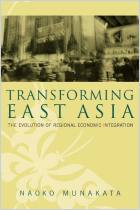

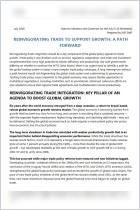



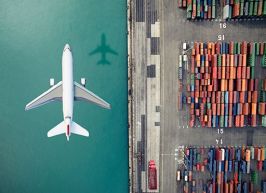
Comment on this summary or Diskussion beginnen